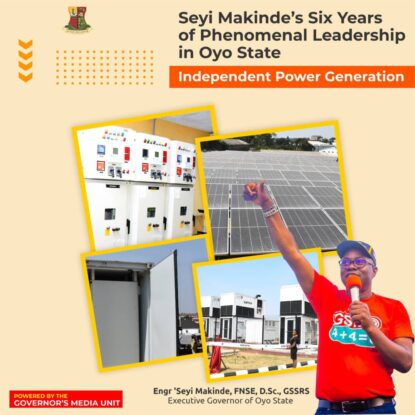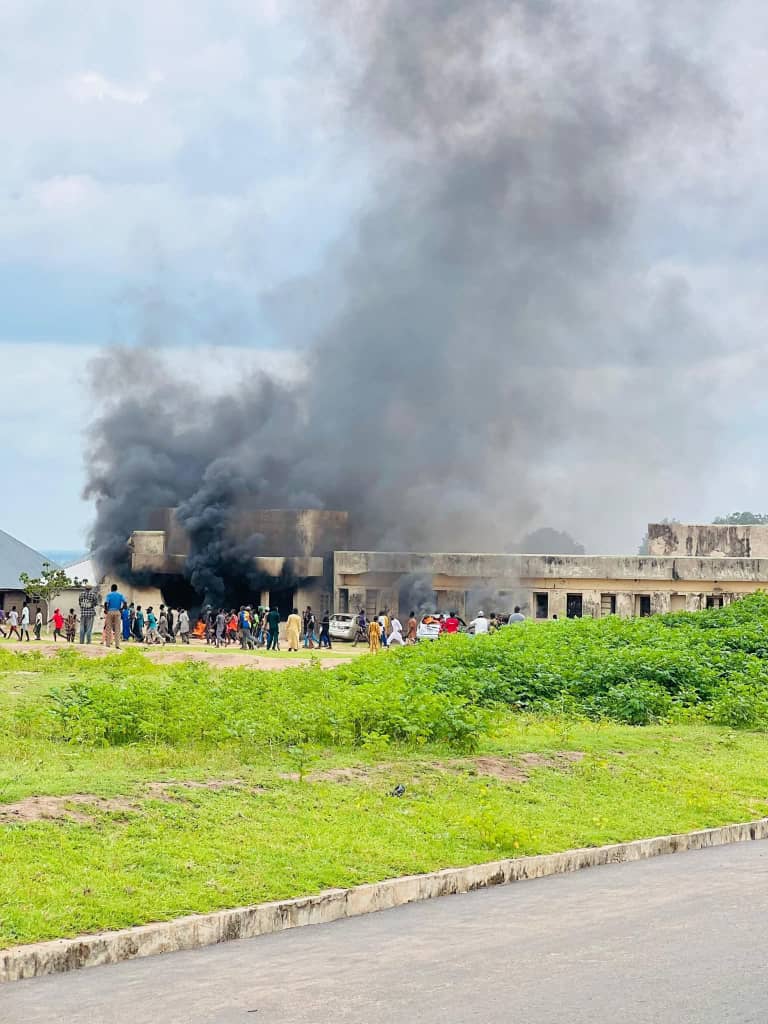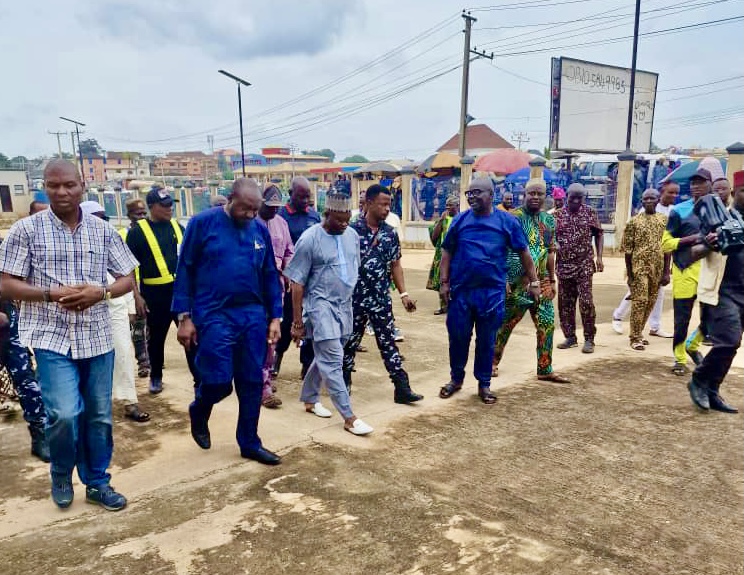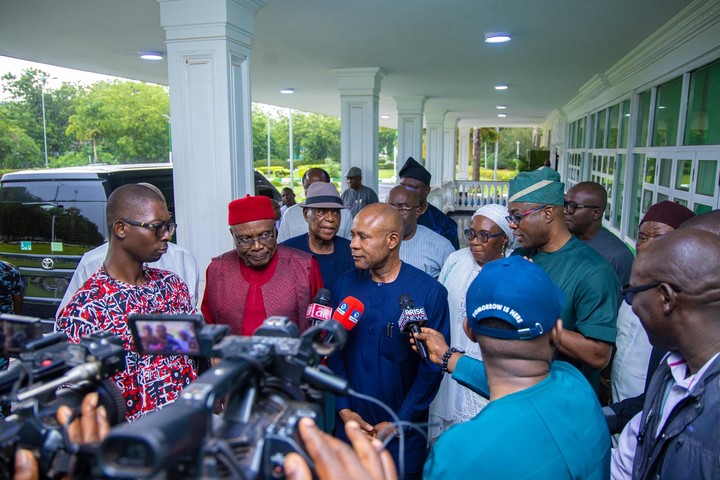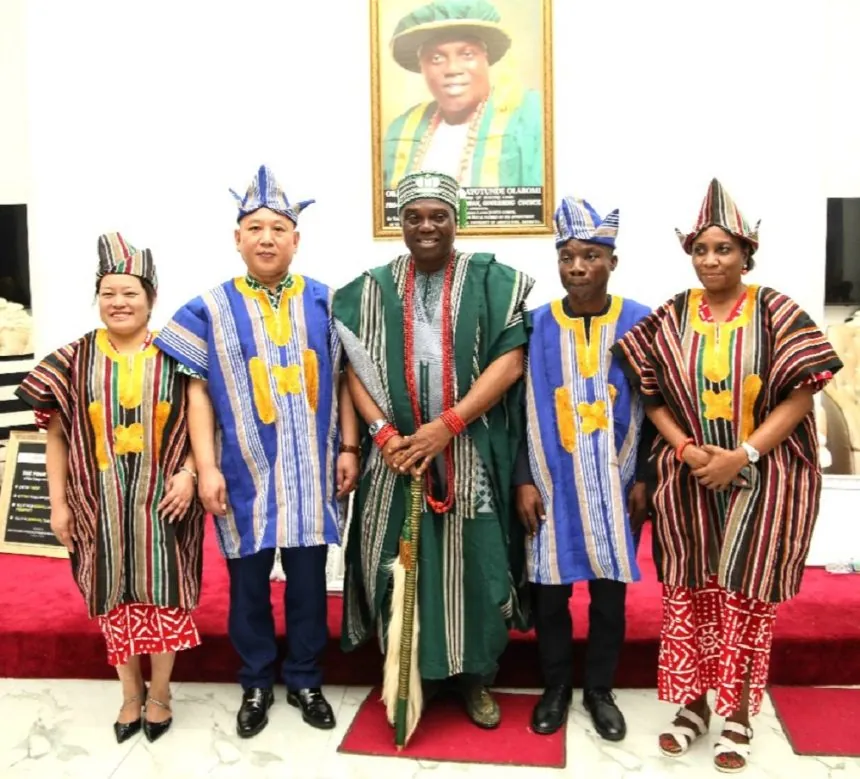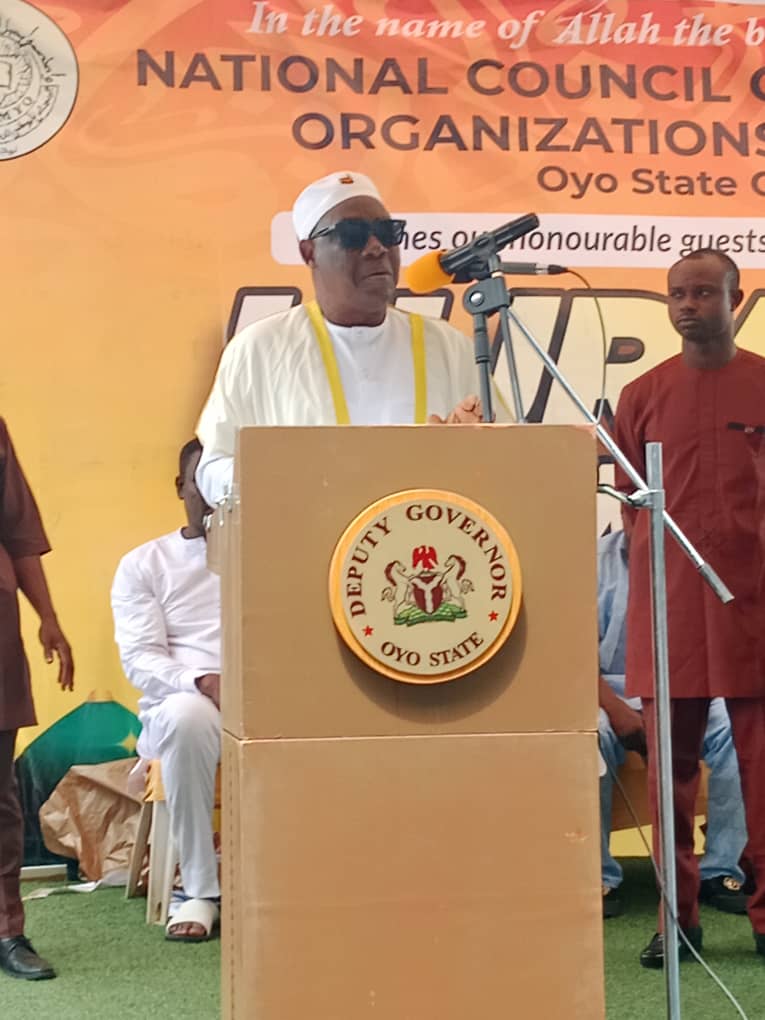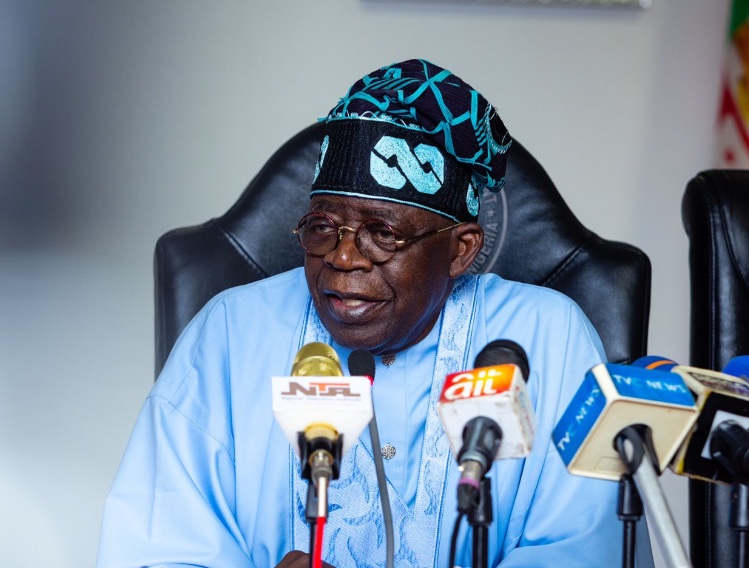Tinubu To Meet GENCOs Over ₦4 Trillion Electricity Debt
President Bola Tinubu is expected to meet with the leadership of Nigeria’s power-generating companies as part of an emergency effort to address the N4tn debt threatening to cripple the country’s electricity supply chain.
The move follows a high-level meeting on Tuesday between the Minister of Power, Adebayo Adelabu, and chairmen of Gencos in Abuja, amid mounting fears of a possible collapse of the national grid due to liquidity constraints in the sector, according to a statement from the power ministry on Sunday.
The government pledged immediate action to reduce the N4tn debt owed to power generation companies.
The PUNCH earlier reported that Gencos had issued a warning to the Federal Government over the continued accumulation of debts now totaling over N4tn.
The companies said they were currently owed N2tn for power supplied in 2024 and N1.9tn in legacy debts.
The statement by the minister’s Special Adviser on Strategic Communications and Media Relations, Bolaji Tunji, stated that the Federal Government had resolved to settle a substantial portion of the debt immediately, while the remainder would be cleared through financial instruments such as promissory notes within the next six months.
He said this would be proposed in a meeting being planned between President Bola Tinubu and the Gencos’ leadership.
“There is a need to pay a substantial amount of the debt in cash. At the minimum, let us pay a substantial amount, then ask for debt instruments in promissory notes to pay the rest,” Adelabu said.
He emphasised the Federal Government’s determination to prevent a collapse of the power sector, describing the situation as a national emergency.
“We recognise the urgency of this matter. The government is committed to resolving this debt to stabilise the sector and prevent further crisis,” he said.
When questioned on a likely date for the meeting, the media aide said, “I can’t say yet,” explaining that discussions were still ongoing among relevant parties.
The Gencos were led by the Chairman of Mainstream Energy Solutions and head of the Association of Power Generating Companies, Col. Sani Bello (retd), who warned that the sector faced a looming collapse due to the mounting debt and persistent liquidity challenges.
Bello noted that the debt burden had crippled operations and limited access to funding for maintenance and infrastructure upgrades. “Without urgent intervention, the entire power ecosystem could collapse,” he said.
Echoing his concerns, the Chairman of Egbin Power and First Independent Power Limited, Kola Adesina, said, “This is a national emergency. Everything hinges on power—industries, homes, hospitals. We cannot afford to let the sector fail.”
Adelabu acknowledged the role of systemic failures and policy inconsistencies in the sector’s woes, adding that the government was not only focused on debt repayment but also committed to pushing reforms that would ease operational challenges.
He advocated for a full liberalisation of the electricity market and called on Nigerians to embrace cost-reflective tariffs, stressing that subsidies were no longer sustainable in the long term. “Citizens must pay the appropriate price for the energy consumed. The Federal Government will continue to provide targeted subsidy for economically disadvantaged Nigerians,” he stated.
The CEO of APGC, Dr Joy Ogaji, also outlined the challenges bedevilling the GenCos, including erratic gas supply, persistent defaults on payments, and foreign exchange volatility. She noted that the dramatic depreciation of the naira—from N157/\$1 in 2013 to N1,600/\$1—had severely affected maintenance budgets and loan repayments.
“Gencos have borne unsustainable risks—from grid failures to unproductive taxes—while remaining patriotic,” she said.
Adelabu disclosed that plans were underway to implement regulatory reforms aimed at enhancing market stability and reducing levies. He urged Gencos to partner with the government in creating public awareness on electricity consumption, efficient usage, and tariff realities.


